
What Happens If You Eat 4 Whole Eggs a Day for 30 Days?
What Happens If You Eat 4 Whole Eggs a Day for 30 Days?
🍳 Eggs: loved by some, feared by others. For years, they’ve sat at the center of dietary debate, largely because of concerns over cholesterol—especially in the yolk. But what if we told you that eating four eggs a day—with yolks—for a full 30 days could actually improve your health rather than harm it?
Let’s crack into the science, debunk some myths, and look at what really happens when you make eggs a daily staple.

🥚 Key Takeaways
-
Eggs are nutrient-dense, especially in the yolk.
-
The long-standing fear of dietary cholesterol is largely outdated.
-
Whole eggs may reduce disease risk, support brain health, and improve satiety.
-
Pasture-raised eggs offer significantly more nutrition than conventional ones.
🧠 The Cholesterol Myth (and Where It Went Wrong)
Eggs got a bad rap starting in the mid-20th century, thanks largely to the now controversial Seven Countries Study by Ancel Keys. The study linked saturated fat and cholesterol to heart disease—but failed to mention that the data was cherry-picked. Keys conveniently ignored countries where people consumed high-fat diets but had low rates of heart disease (like France).
Despite these flaws, the study influenced decades of dietary guidelines, warning people to avoid eggs and fats and instead consume more carbohydrates. Ironically, this led to rising rates of obesity, type 2 diabetes, and other metabolic disorders.
Fast forward to today: modern research confirms that for the vast majority of people, dietary cholesterol has little to no effect on blood cholesterol levels. In fact, our liver produces cholesterol naturally—far more than we get from food.
🧬 What really matters is how cholesterol is transported in the body (via HDL and LDL), not just how much we consume.
🍳 What Do You Actually Get From 4 Whole Eggs a Day?
Eggs are nutritional powerhouses. The yolk, often tossed aside, contains most of the vitamins, minerals, and antioxidants. When eaten together with the white, eggs offer a balanced and complete nutrient profile.
Let’s break it down:
🧪 Nutrient Content of 4 Egg Yolks (approx.):
-
Vitamin B12: 55% of daily value (DV) – essential for brain and nerve function
-
Choline: 101% DV – critical for cognitive health and liver function
-
Folate: 25% DV – supports DNA synthesis and red blood cell production
-
Vitamin D: 18% DV – supports immune and bone health
-
Vitamin B5: 41% DV – helps convert food into energy
-
Vitamin B2 (Riboflavin): 28% DV – vital for energy metabolism
🥚 In contrast, egg whites provide:
-
Mostly protein
-
Small amounts of B2 and B5
-
No fat and almost no other vitamins
🥇 Conclusion? Eat the whole egg—not just the whites. You’re throwing away the best part if you discard the yolk.
💪 Eggs: A High-Quality Protein Source
Eggs contain all 9 essential amino acids, making them a complete protein source. Four eggs provide around 24–28 grams of protein, or about 50% of the daily recommended intake for the average adult.
Here’s how four eggs contribute to your essential amino acid needs:
| Amino Acid | % Daily Value (approx.) |
|---|---|
| Isoleucine | 94% |
| Leucine | 67% |
| Phenylalanine | 90% |
| Lysine | 61% |
| Valine | 88% |
| Tryptophan | 69% |
| Threonine | 65% |
| Methionine | 51% |
| Histidine | 59% |
🏋️ This makes eggs an excellent food for muscle repair, athletic recovery, and overall metabolic function.
🌿 Why Egg Quality Matters More Than You Think
Not all eggs are created equal. If you're eating four eggs a day, quality becomes crucial.
🥚 Conventional Eggs vs. Pasture-Raised Eggs:
| Nutrient | Conventional Eggs | Pasture-Raised Eggs |
|---|---|---|
| DHA (Omega-3) | Low | 2x Higher |
| Vitamin D | Moderate | 3–4x Higher |
| Vitamin E | Moderate | Up to 4x Higher |
| Lutein & Zeaxanthin | Moderate | Significantly Higher |
✅ Pasture-raised eggs come from chickens allowed to roam, peck at bugs, and bask in the sun. This results in yolks that are deep orange, richer in nutrients, and loaded with healthy fats and antioxidants.
💡 Cost vs. Value:
While conventional eggs might cost ~$0.67 for four, pasture-raised eggs may cost ~$2.50–$2.75. But when you compare nutrients per dollar, the latter are often a better investment.
🧬 What Might Happen After 30 Days of Eating 4 Eggs Daily?
If you stick to four whole eggs a day for a month—preferably pasture-raised—here’s what your body might experience:
✅ 1. Improved Nutrient Intake
You’ll be meeting or exceeding daily requirements for key nutrients like choline, vitamin B12, vitamin A, and selenium, all of which are essential for energy, immune function, and brain health.
✅ 2. Better Satiety and Appetite Control
The protein and fat in eggs help you feel full longer, reducing cravings and the urge to snack. This can support weight loss or maintenance.
✅ 3. Enhanced Brain and Liver Function
Thanks to choline and DHA, eating eggs daily can improve memory, focus, and may even reduce the risk of age-related cognitive decline.
✅ 4. Potential Improvement in Cholesterol Profile
Many people see a rise in HDL (“good”) cholesterol and no significant change in LDL, or even a beneficial shift in LDL particle size—especially when combined with a healthy diet.
✅ 5. Reduced Inflammation and Better Blood Sugar Control
Nutrients like vitamin D, selenium, and antioxidants help reduce oxidative stress and chronic inflammation, lowering risk factors for metabolic disease and insulin resistance.
⚠️ Who Should Be Cautious?
While most people can benefit from daily egg consumption, those with genetic cholesterol disorders (like familial hypercholesterolemia) or existing heart disease should speak to their doctor first. Even in those cases, moderate egg consumption may still be safe—but it should be personalized.
🥄 How to Enjoy Your Eggs (Without Getting Bored)
Switch it up with different cooking methods:
-
Soft-boiled with avocado toast
-
Scrambled with spinach and herbs
-
Omelet with veggies and feta
-
Baked egg muffins with diced peppers
-
Poached on sourdough or grain-free bread
🧂 Tip: Cook eggs in healthy fats like grass-fed butter, olive oil, or coconut oil to enhance nutrient absorption.
🔚 Final Thoughts: Nature’s Perfect Package
Eggs are one of the most complete, accessible, and affordable superfoods on the planet. The long-held fear around cholesterol is fading fast, replaced by a new understanding of the real power of whole, nutrient-dense foods.
If you commit to eating four whole eggs a day for 30 days, especially if they’re pasture-raised, you’re not just fueling your body—you’re nourishing your brain, stabilizing your metabolism, and potentially reducing your risk of chronic disease.
🥚 So next time you crack an egg, remember: you’re holding one of nature’s most perfect foods in your hand.
News in the same category


How to Use Frozen Lemon to Help Combat Malignant Tumors in the Body
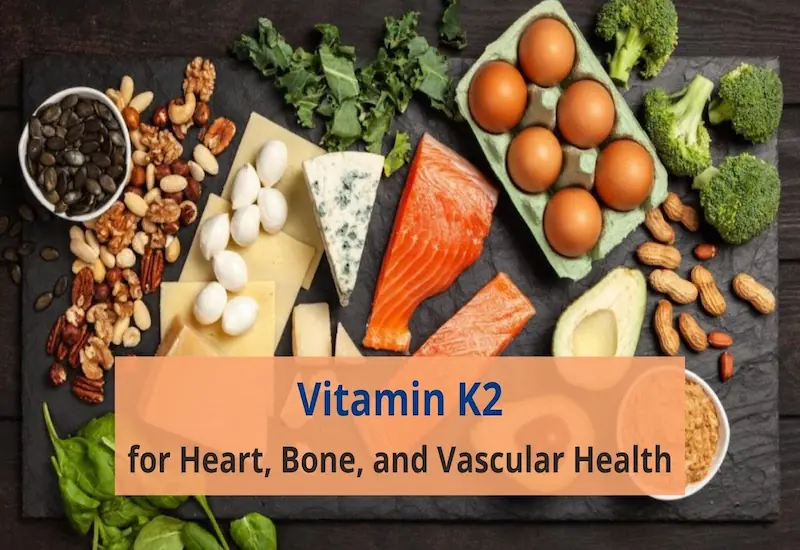
Vitamin K2: The Underrated Nutrient That Protects Your Heart and Arteries
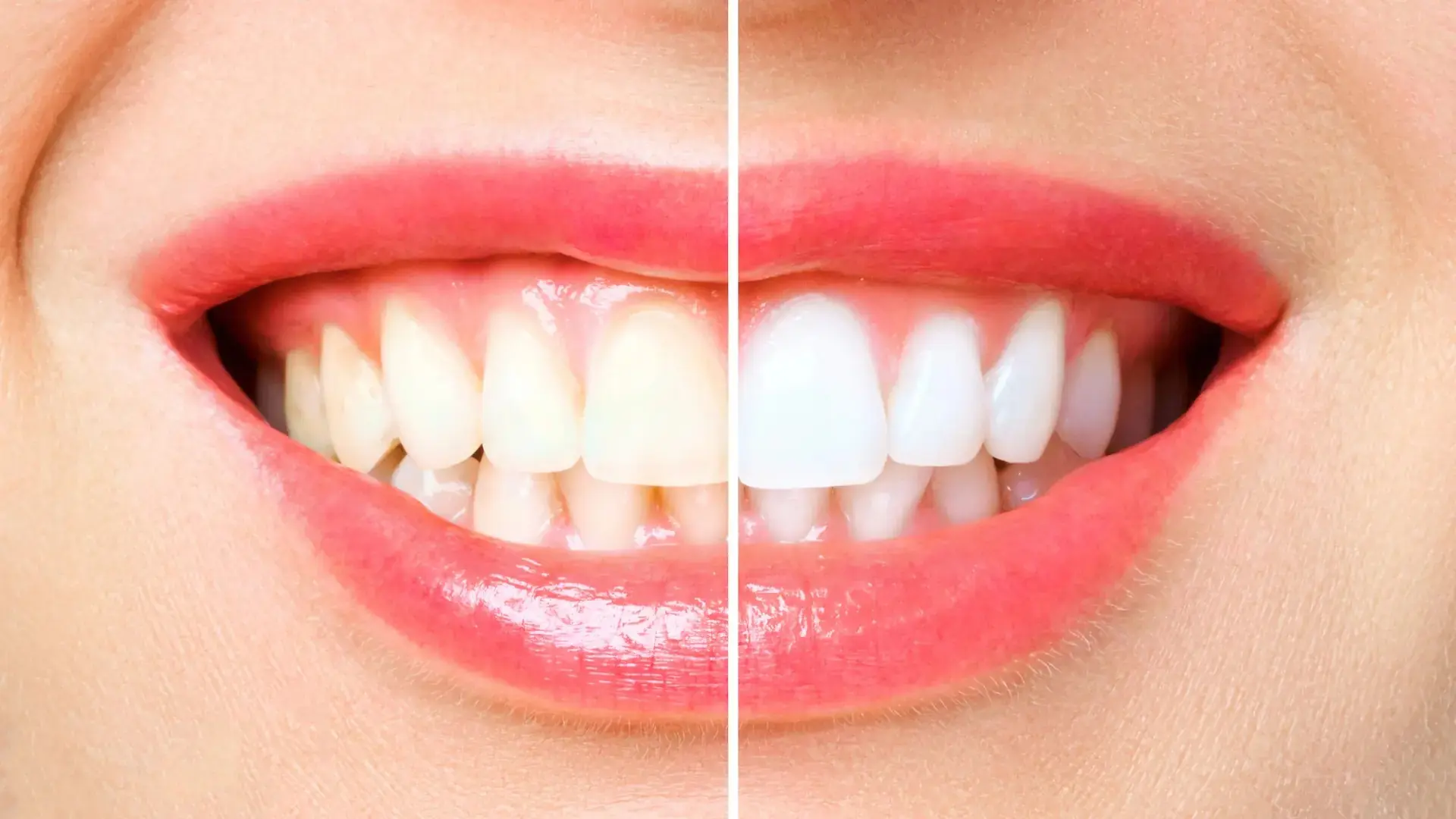
DENTISTS HATE HOW SIMPLE THIS TEETH WHITENING HACK IS

What Happens to Your Body When You Stop Eating
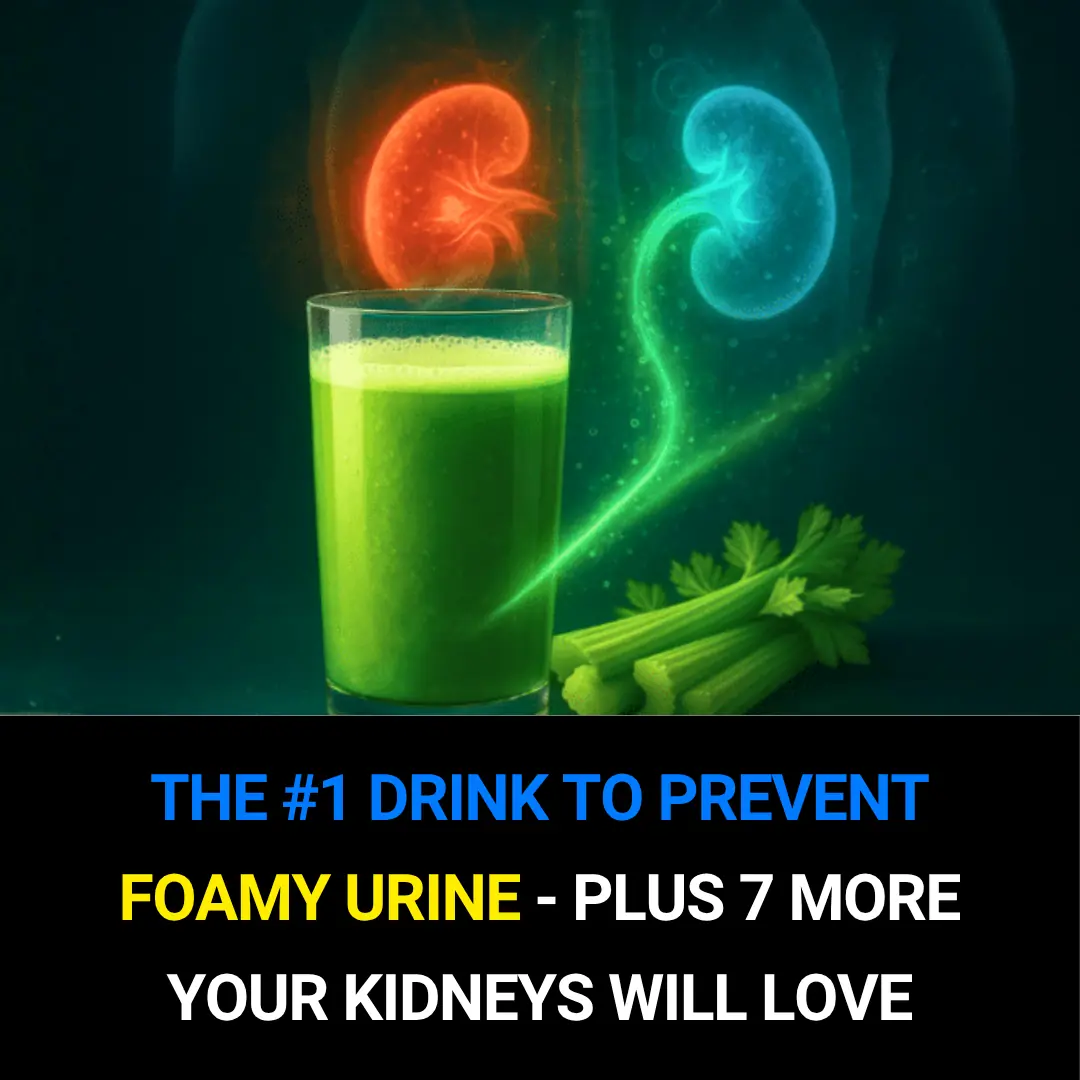
The #1 Drink to Prevent Foamy Urine — Plus 7 More Your Kidneys Will Thank You For
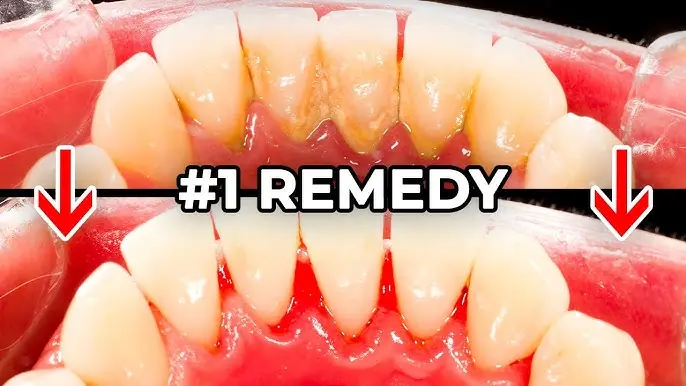
The #1 Most Effective Remedy for Dental Plaque (And How to Beat Tartar at Home)

JUST 1 CUP FLUSHES POUNDS OF TOXIC WASTE

Just 2 Nuts a Day Can Support Your Thyroid, Help With Weight Loss, and Balance Blood Sugar
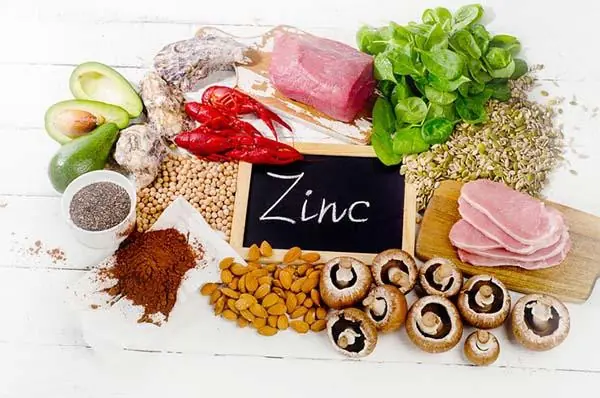
Zinc Deficiency Triggers Inflammation in Your Body — Here’s What to Eat to Fix It
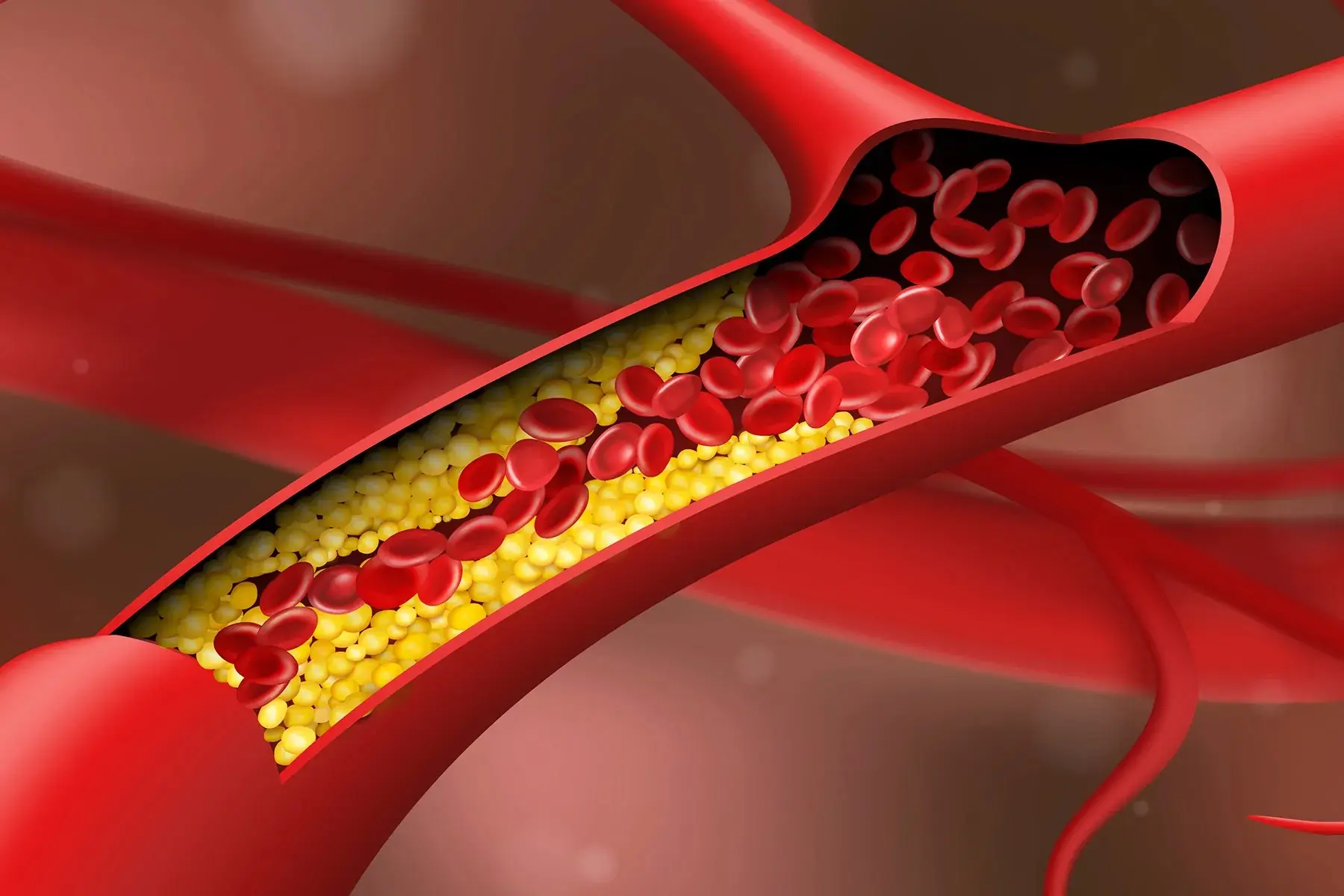
CLEANSE CLOGGED ARTERIES WITHOUT MEDICATION

The #1 Way To Stop Bloating Fast

6 warning signs of a clogged artery most people ignore (cardiologist alert)
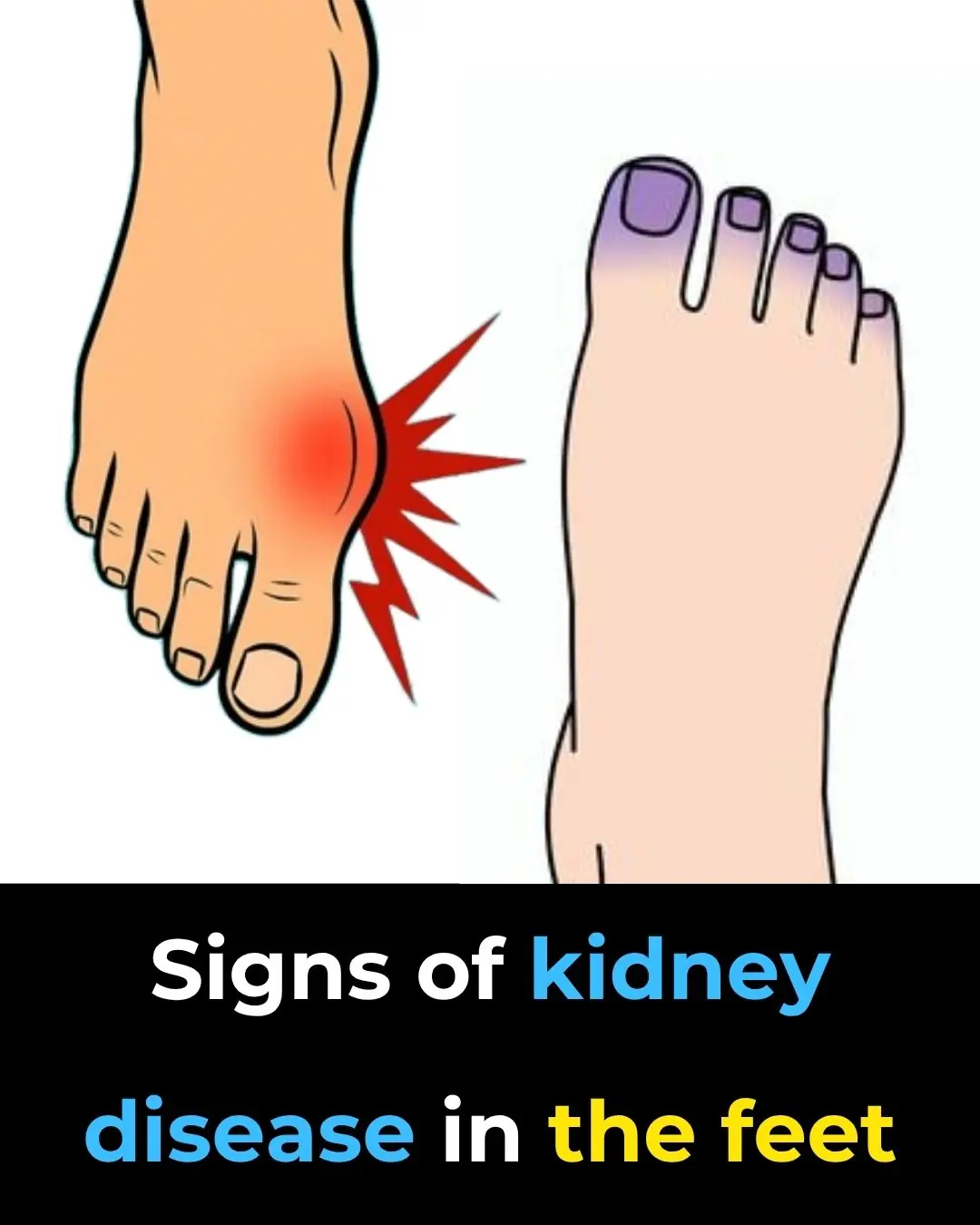
Foot Symptoms That Could Signal Kidney Problems

Redness Swelling and Warmth in One Leg

These are the signs that he is...read more
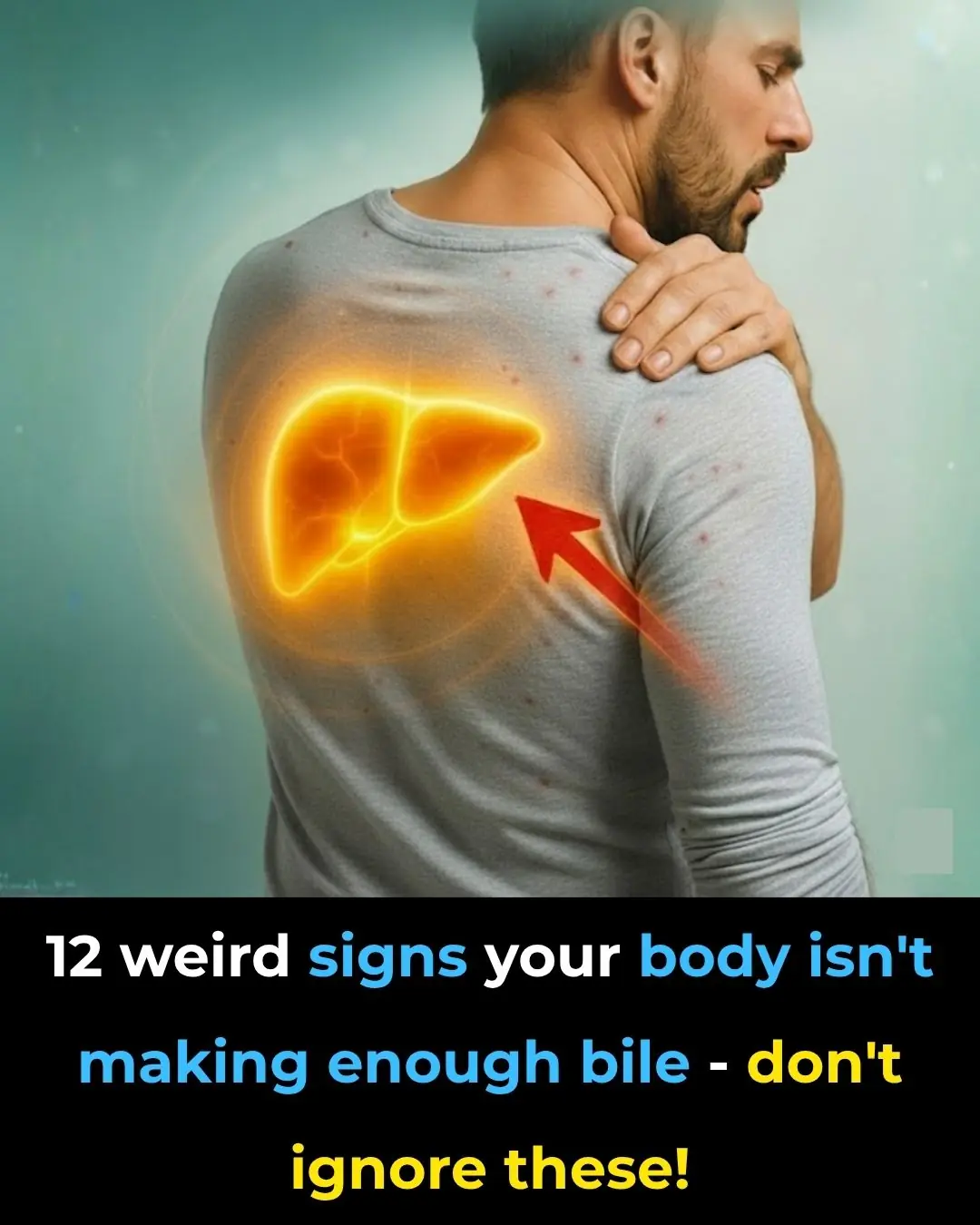
12 weird signs your body isn’t making enough bile—don’t ignore these!

12 Fish Species You Need to Know to Avoid
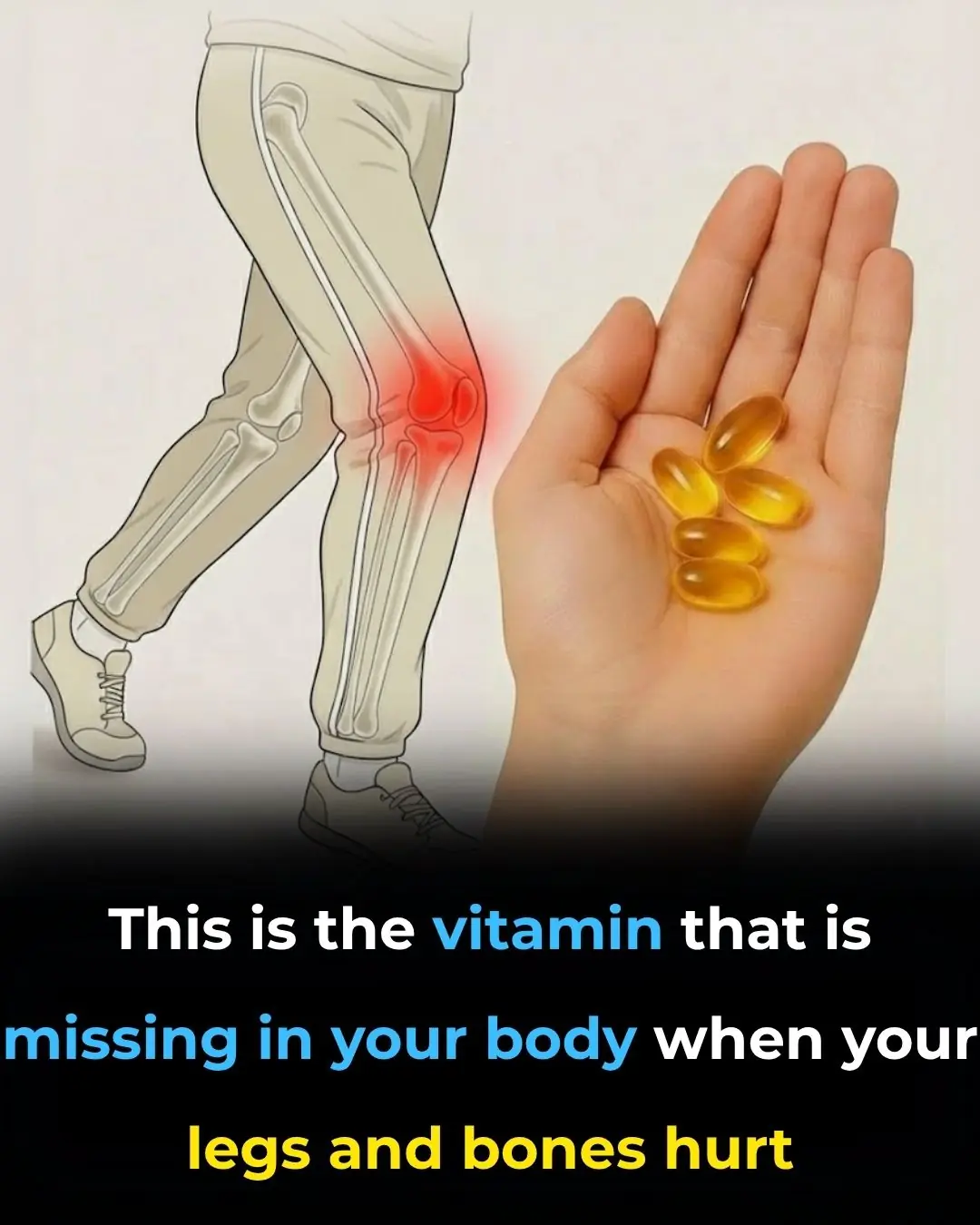
🦴 The Vitamin & Mineral Deficiencies That May Be Behind Leg and Bone Pain
News Post

Black Locust (Robinia pseudoacacia): 14 Surprising Benefits and How to Use It at Home

7 Ways to Deal With A Cheating Husband

10 Safest Places to Be if World War III Erupts

‘Jealousy Is a Powerful Emotion’: Cam Newton Says Drake Maye Is Not Top 5 QB. Patriots Fans Accuse Cam Of Hating Because He Failed To Replace Tom Brady

Delta Sigma Theta Co-founder Osceola Macarthy Adams to Receive Historical Marker in Hometown of Albany, GA

Denzel Washington’s ‘Othello’ Makes Broadway History as Highest-Grossing Play Ever

A Girl, a Puppy, and the Arctic: The Enduring Story Behind an Iconic Photograph

The Punch That Turned into a Paw: A Photographer’s Unlikely Moment with a Kangaroo

Tomorrow, a Community Says Goodbye to K9 King: A Four-Legged Hero Who Will Never Be Forgotten

Meet Sister Rosetta Tharpe, The Godmother Of Rock ‘N’ Roll

Daddy’s Girl: A Bond Beyond Time

Tips for freezing tomatoes to eat all year round, the flavor is always fresh and delicious like freshly picked

Health benefits of lemon peel, don't throw it away and waste it

Actor Woody McClain to Release New Comic Book Series, ‘The Brotherhood,’ Inspired by the Men in His Family

Coco Gauff Celebrates 21st Birthday With New Balance Sneaker Release Honoring Her Grandmother & Florida Roots

Actively Black Turned NYFW Into Living History

4 effective ways to clean yellow armpit stains on white shirts, making them as white as new

Identify enoki mushrooms soaked in formaldehyde poison thanks to 5 typical signs

8 devices that consume the most electricity, twice as much as air conditioners: Remember to unplug after use, or your bill will skyrocket.
